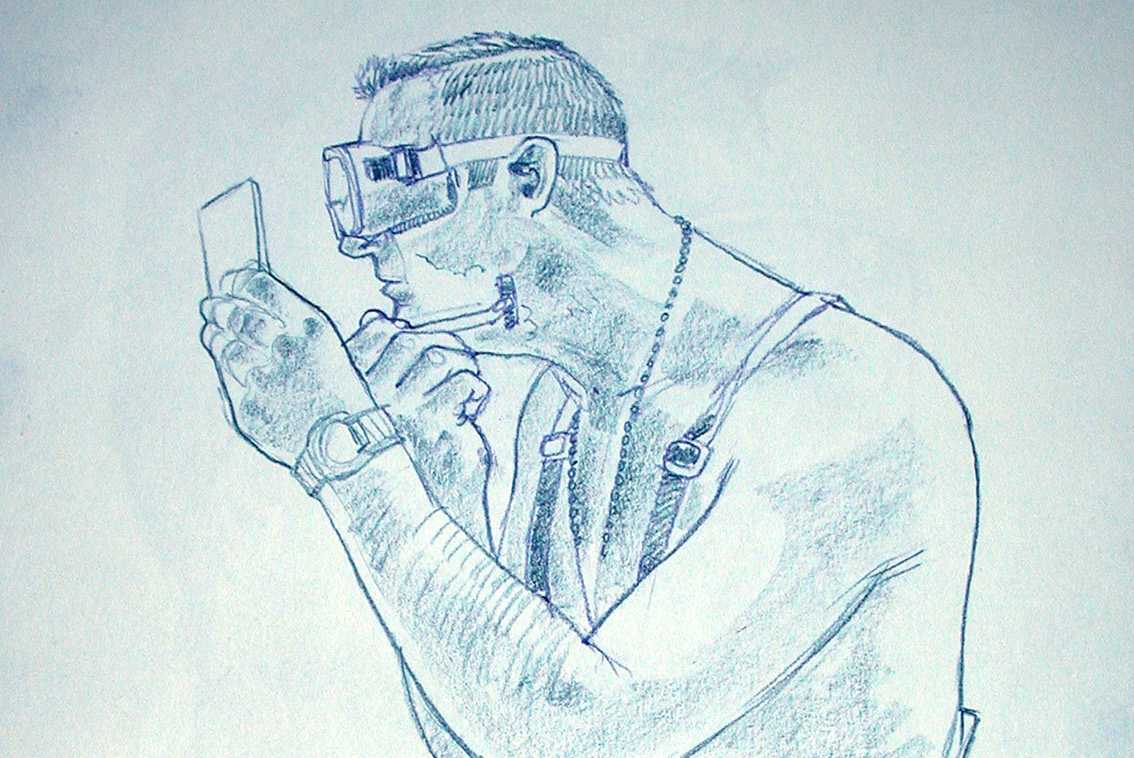The popular and well-known razor brand, Gillette, recently released an advertisement on Jan. 13, which has sparked a controversy from consumers throughout the nation.
Its video initially debuted under the title of “We Believe: The Best Men Can Be,” which seems to be speaking to a new generation of men, urging them to step away from toxic masculinity by becoming better men that hold themselves and each other accountable for their actions.
In the advertisement, Gillette uses major issues that have been highlighted in recent years, like the #metoo movement and bullying, as examples of why its audience should work toward change, starting with how its male consumers act now.
Advocating against gender inequality, sexual harassment and how we treat one another, this advertisement both presumes that its consumers are the type of people who commit misogynistic acts while imploring them all to change the way they interact with children, peers and their elders for future generations.
While Gillette’s message in its advertisement claims to join in on a social movement to become a better generation, it’s also important to consider what the company assumed would happen after it released its controversial commercial.
Spreading the popularity of the brand name through the controversy of the topic they decided to tackle, Gillette’s decision to open itself to public criticism by siding with a social movement has created a considerable amount of media coverage.
Using this controversy to further its own agenda and popularity, consumers continue to spread its brand name over social platforms as a hot topic.
Whether the audience condemns Gillette as another company that has lowered itself to using social issues to sell a product, or praises Gillette for stepping outside of its comfort zone as a major corporation by taking a stand on important social issues, one thing remains clear.
The way our society perceives brands is changing, for better or worse.




